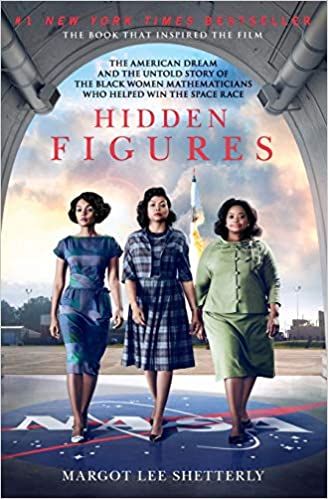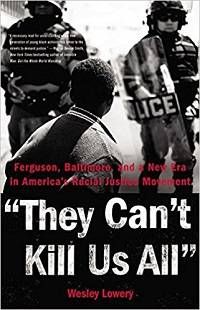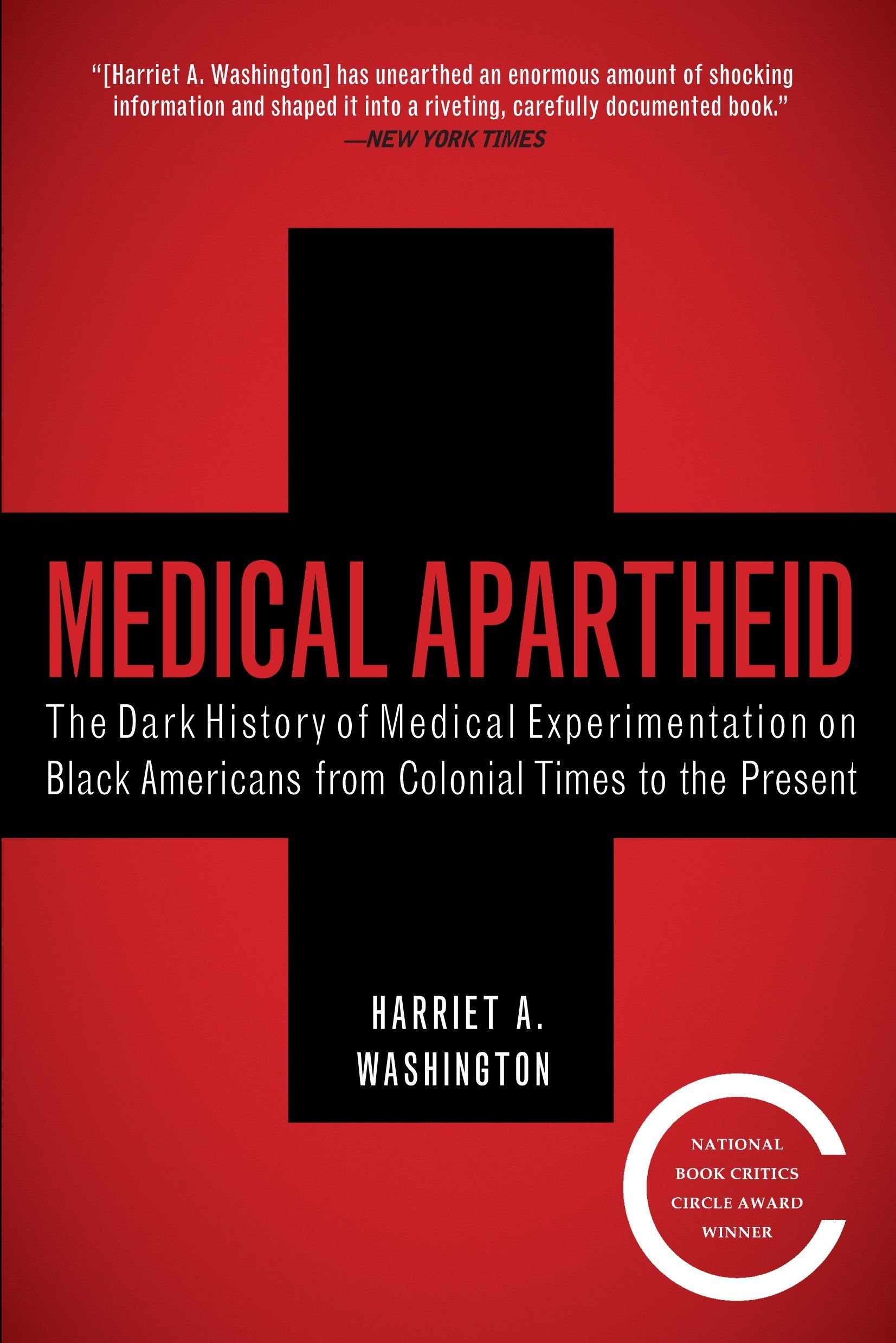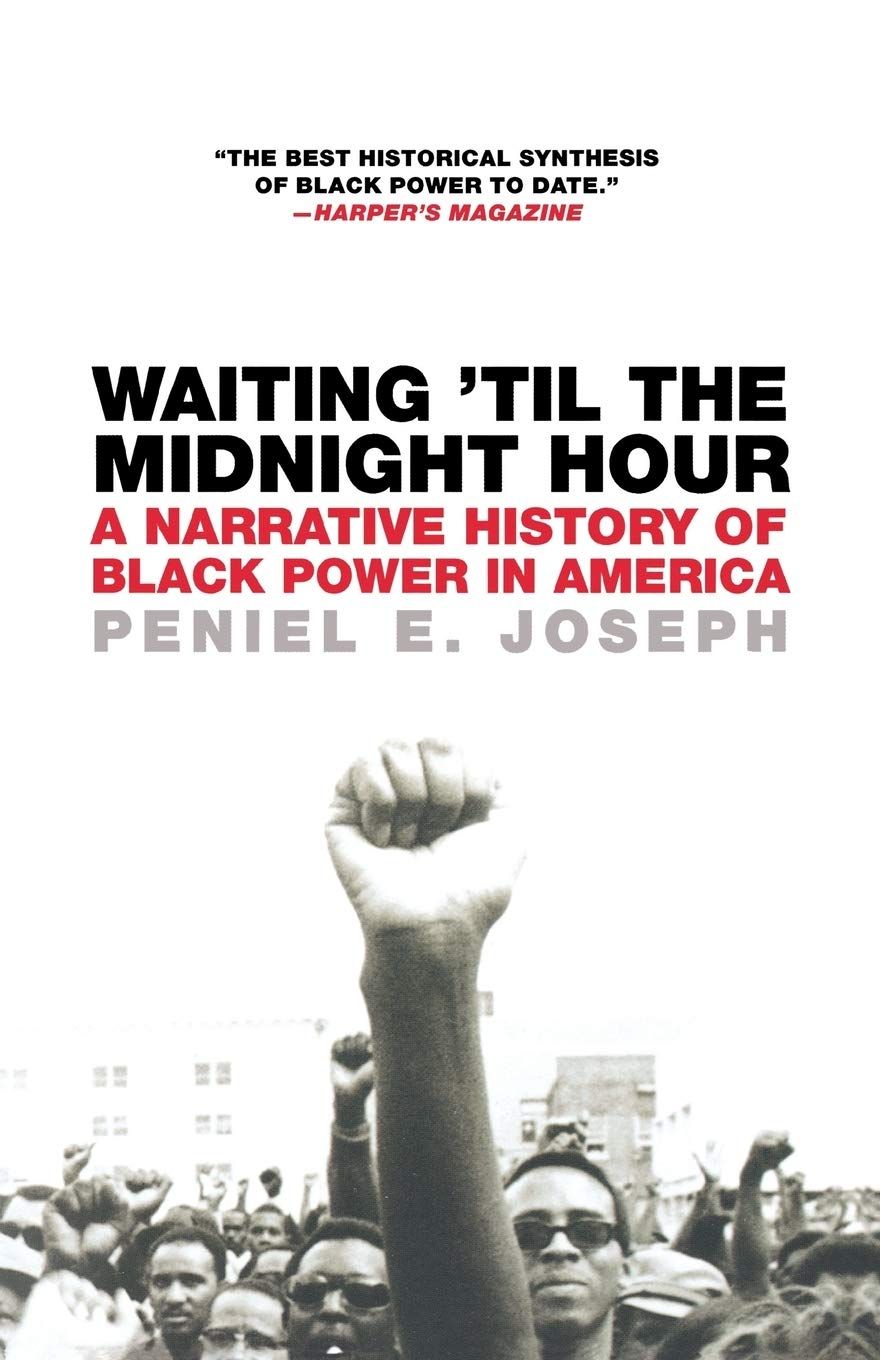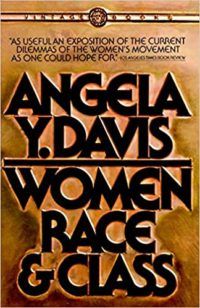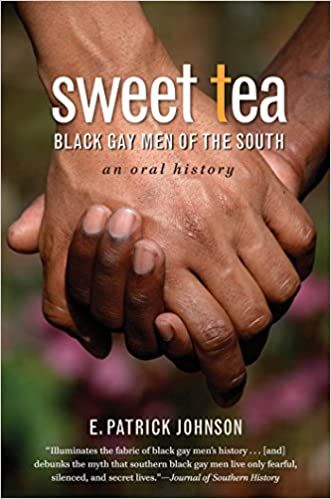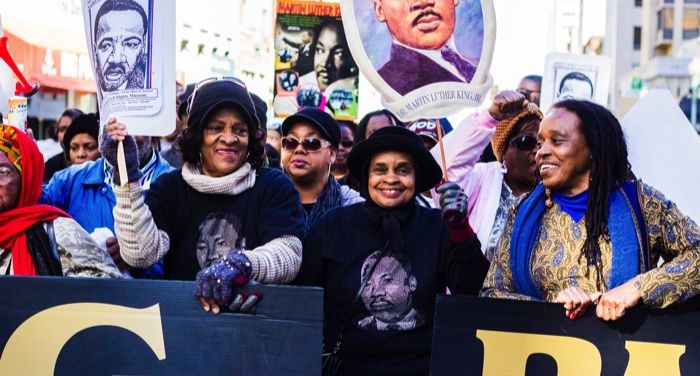
15 Nonfiction Black History Books to Read This Month
Humans have been around for hundreds of thousands of years. We have learned; we have fought wars and we have loved each other for generations. Unfortunately, as much as we do know, there is also a wealth of history behind us that we probably don’t know about. That is most likely true for Black history. It’s not the most common class topic, and unless you research it yourself, you probably don’t know much about it.
Fortunately, books are great record keepers. Thanks to them, we can hold firsthand knowledge of something that happened 50 years ago in our palms. Plus, there are some authors with the resources and knowledge to do an immense amount of research. So even though they didn’t live through a specific event they can pass it on reliably. Black history books are windows into the lives of others, past and present.
This list tries to compile some of the best nonfiction Black history books for adults. From graphic novels to essay collections, here are 15 nonfiction Black history books to read this month.
15 Nonfiction Black History Books to Read This Month
Black Fortunes by Shomari Wills
This book dives deeply into the lives of the first six African American millionaires in the United States. Mary Ellen Pleasant, Robert Reed Church, Hannah Elias, Annie Turnbo-Malon, O. W. Gurley, and Madam C. J Walker escaped slavery and built powerful empires for themselves between the 19th and 20th centuries. It’s a great book about people with the creativity and drive to make a name for themselves.
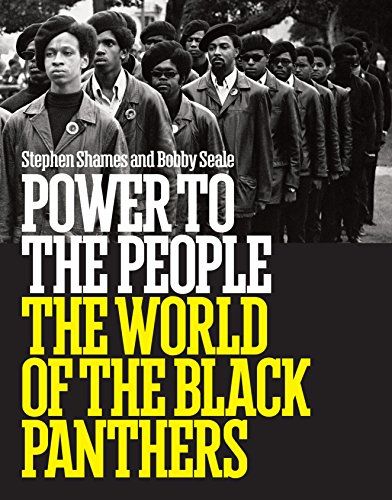
Power To The People by Bobby Seale
Power to the People is the story of the Black Panther Party, written by one of its founders. An organization founded by college students, the Black Panther Party intended to monitor the Oakland Police and challenge police brutality by carrying their own weapons. The book includes interviews of other members of the party, as well as photographs by Stephen Shames, a close friend of Seale’s. It’s a deep dive into the radical political party that made a difference in the struggle for civil rights in the United States.
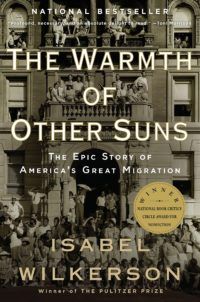
The Warmth Of Other Suns by Isabel Wilkerson
In the 20th century, almost six million people migrated from the Southern United States to the rest of the country. Today we know this move as The Great Migration. This huge exodus, along with the changes it brought to the country, is told through the perspective of three people: Ida Mae Gladney, George Starling, and Robert Foster. Wilkerson uses interviews and official records to chronicle their journey, as well as the changes their arrivals meant to their new homes.
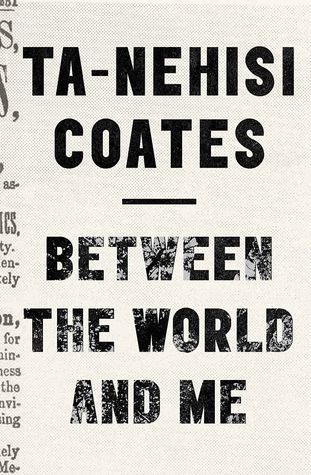
Between the World and Me by Ta-Nehisi Coates
This book is part memoir, part essay, and written as a letter from a father to a son. It’s a more personal book, in which Coates uses his own life experiences to reflect what it means to be Black in the United States. He also talks about the history of violence against Black people in the country, including the recent case of Prince Carmen Jones Jr., a man who was killed by the police. This book is similar to The Fire Next Time by James Baldwin in both content and format.
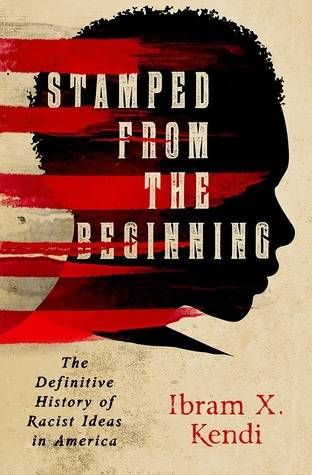
Stamped from the Beginning by Ibram X. Kendi
Stamped is an ambitious book that tries to shed light on the history of racist ideas. It chronicles the entire history of racist ideas in the United States. By knowing the history, you can begin to recognize and understand what discriminatory practices are buried within our society. The book also tries to understand how, why, and who created this ideology using the life of five prominent people: Cotton Mather, Thomas Jefferson, William Lloyd Garrison, W.E.B. Du Bois, and Angela Davis.
Hidden Figures by Margot Lee Shetterly
In the 1960s, NASA was working with “human computers” to help with the calculations that would take humans to space. Katherine Johnson, Dorothy Vaughan, and Mary Jackson were three brilliant mathematicians that played an important role in the space program. All while fighting the inherent sexism and racism that permeated the country. As segregated employees, they worked with pen and paper to write the equations that would take astronauts to space. Hidden Figures is a great book that tells the story of these three badass women who excel in a field mostly ruled by men.
They Can’t Kill Us All by Wesley Lowery
This is kind of a behind-the-scenes story of a journalist deeply involved in what could be considered the birth of the Black Lives Matter Movement in 2014. Lowery travelled the country, interviewing families that were victims of police brutality to try to understand the problem. Especially after the wave of protest following Michael Brown’s murder in August 2014. He also interviewed local activists who are working to put a stop to police brutality. Despite it dealing with more recent subjects, this book is very important because it provides a close examination into the history of racism that is still alive today.
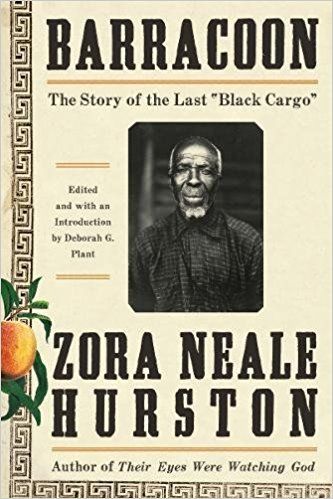
Barracoon by Zora Neale Hurston
Hurston uses this book to give a voice to the last presumed survivor of the Middle Passage. She went to Alabama in 1927 to interview the 86-year-old Cudjo Lewis, and this is his story. Lewis recounts how he was abducted in Africa and brought to the U.S. on the last “Black Cargo” ship during the Middle Passage, as well as the years he spent enslaved before he was freed. He shares the horrors of slavery, like being stuck in a barracoon waiting to be “selected” by American slavers, as well as his childhood memories of Africa. Barracoon gives a voice to a story that has to be told, a harrowing part of Black History that more people should know about.
Medical Apartheid by Harriet A. Washington
Medical Apartheid tells another dark moment in Black History. Dark because it talks about medical experimentation, but also because it’s a lesser-known fact that the medical establishment also discriminates to the point of experimenting on unwilling Black Americans. From grave-robbing for unauthorized autopsies in the past to the use of eugenics to justify experimental exploitation in the present. This book addresses the relationship between racism and medicine and how it has shaped the health sector for Black people in the United States.
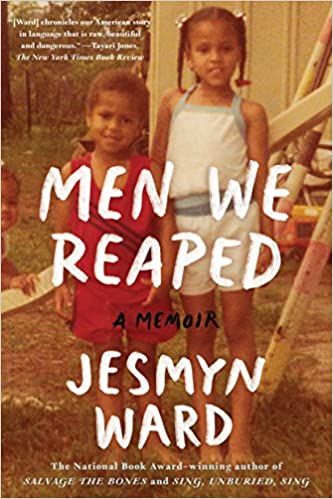
Men We Reaped: A Memoir by Jesmyn Ward
This book contains a trigger warning for suicide.
This is a more recent and personal book that still talks about the struggles that Black people have had to deal with for generations. In it, Jesmyn Ward talks about the loss of five Black men who were close to her — to accidents, murder, and suicide. They were all victims of a predetermined fate. One that stacked race and class against them. It’s a very personal story that deals with loss, racism, sexism and classism. Men We Reaped is a relatable book that demonstrates how identity and place are factors in the way people, and the world, treat you.
March Trilogy by John Lewis
The only graphic novel in this list, March is the memoir of Congressman John Lewis. Made up of three volumes, it tells the story of his rise and struggle as a leader of the Civil Rights Movement. March: Book One deals with his life in Alabama, his meeting with Martin Luther King Jr., as well as the rise of the Nashville Student Movement. This memoir shows an important narrative in an unconventional format, making it a fun but difficult read.
Waiting ‘Til the Midnight Hour by Peniel E. Joseph
The Black Power Movement renounced Martin Luther King’s pacifism, pioneering a new radical approach to the fight for equality. Waiting ‘Til the Midnight Hour tells their story, from its beginnings in 1950s Harlem to its death in the ’70s. It also shows the rise of some of the groups that were a part of the movement, like the Black Panthers. Joseph uses research and oral history to paint the picture of a movement that defined another path for Black people to fight for equality.
Life Upon These Shores by Henry Louis Gates Jr.
This book is probably the most ambitious of all on this list. It tells the story of African Americans from their forced arrival to the country and their enslavement in the 16th century to the election of Obama as President in 2008. It talks about the Great Migration, the Civil Rights Movement, the Civil War, the hip-hop generation and many other important events in Black History. If you want to read a single book to learn the most about Black History in a larger scope, this is it.
Women, Race, and Class by Angela Y. Davis
This book acknowledges something that is very important: that people are discriminated against for different aspects of their identity. For example, Black women deal with sexism, but they also face racism too. In her book, among other things, Davis criticizes the fact that the women’s liberation movement was by and for white women only. In the 13 essays that make up this book, Angela Davis does a wonderful job of talking about history, from the slave trade to the women’s liberation movements in the ’60s, all the while analyzing and discussing the different effects that race and class have on women.
Sweet Tea by E. Patrick Johnson
Sweet Tea collects more than 60 life stories from Black gay men who live in the South. Johnson did all the interviews and while he groups some types of stories, he takes the time to shine a light on direct quotes by the people who shared their stories with him, making them stand out on a page. The book is divided by themed chapters, some of them focus on childhood, gender identity, love, and religion. No matter what the theme is, you can tell it’s close to the author’s heart, as it shines through in the care with which he handles their stories.
We also have a list of 10 underrated books for Black History Month for further reading! Or if history’s not your thing, check out the Black Romance list! We also talked about the best children’s books for Black History Month!




